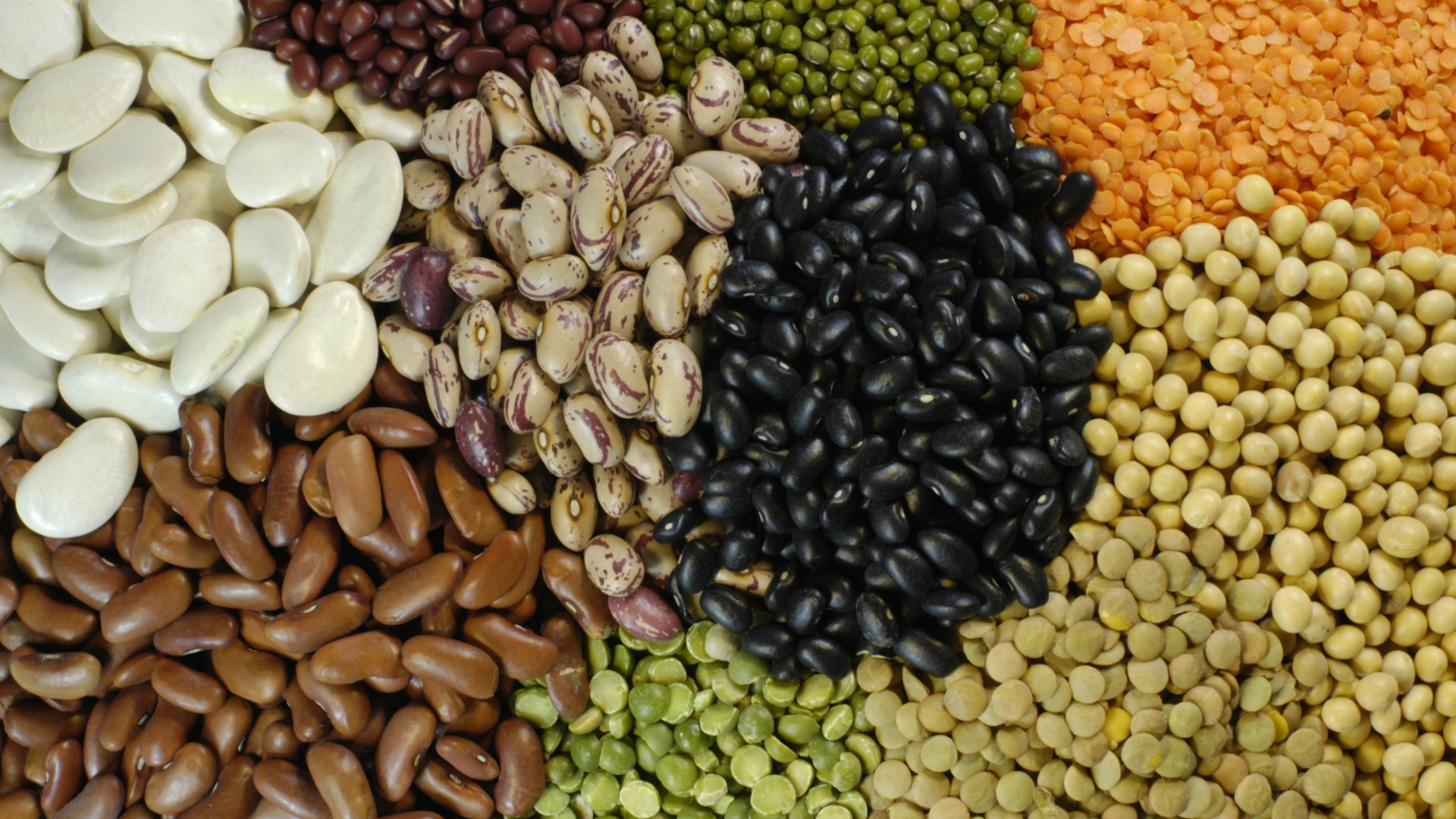
Pulses are the edible seeds of legumes and are a powerhouse of nutrition. They are an excellent source of plant-based protein, essential for muscle growth, tissue repair, and overall health. Incorporating protein-rich pulses into your daily diet can help meet your protein needs, especially for vegetarians and vegans.
Table of Contents
Pulses That Are Particularly High in Protein
-
Lentils (Masoor Dal)
Lentils are one of the most popular and versatile pulses. They are rich in protein, providing about 18 grams of protein per cooked cup. Lentils are also high in fiber, iron, and folate, which help in maintaining digestive health and preventing anemia. -
Chickpeas (Chana)
Chickpeas are not only high in protein but also rich in complex carbohydrates and fiber. One cup of cooked chickpeas provides around 15 grams of protein. They help in controlling blood sugar, improving digestion, and keeping you full for longer. -
Black Gram (Urad Dal)
Black gram is a traditional pulse commonly used in Indian cuisine. It provides approximately 14 grams of protein per cooked cup. It is also rich in dietary fiber, magnesium, and iron, supporting heart and bone health. -
Kidney Beans (Rajma)
Kidney beans are a protein-packed pulse, offering about 13 grams of protein per cooked cup. They are also a great source of fiber, antioxidants, and essential minerals like potassium and iron, which promote heart and kidney health. -
Green Gram (Moong Dal)
Green gram is highly nutritious and easily digestible. Cooked moong dal provides around 14 grams of protein per cup. It is low in calories, high in fiber, and contains important vitamins and minerals such as magnesium, folate, and vitamin B6. -
Soybeans
Soybeans are a complete plant-based protein, containing all essential amino acids. One cup of cooked soybeans provides about 28 grams of protein. They are also rich in healthy fats, iron, calcium, and isoflavones, which have heart and bone health benefits. -
Peas (Green Peas)
Green peas are another pulse that packs a protein punch, with around 9 grams of protein per cooked cup. They are also high in fiber, vitamins A, C, K, and B vitamins, supporting overall health.
Benefits of Including High-Protein Pulses in Your Diet
-
Supports muscle growth and repair
-
Helps in weight management by keeping you full
-
Provides essential minerals and vitamins for overall well-being
Tips for Consuming Pulses
-
Soak pulses overnight to reduce cooking time and improve digestibility.
-
Combine pulses with whole grains like rice or quinoa for a complete protein profile.
-
Include a variety of pulses in your diet to maximize nutrient intake.
In conclusion, pulses are an affordable, versatile, and highly nutritious source of plant-based protein. Regularly incorporating pulses like lentils, chickpeas, kidney beans, and soybeans into your meals can significantly improve your protein intake and support overall health.


